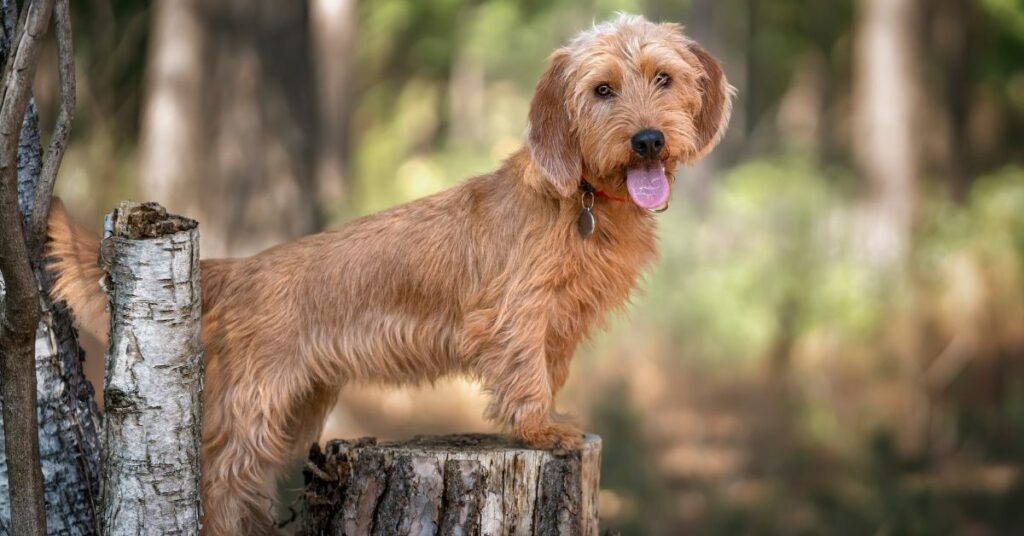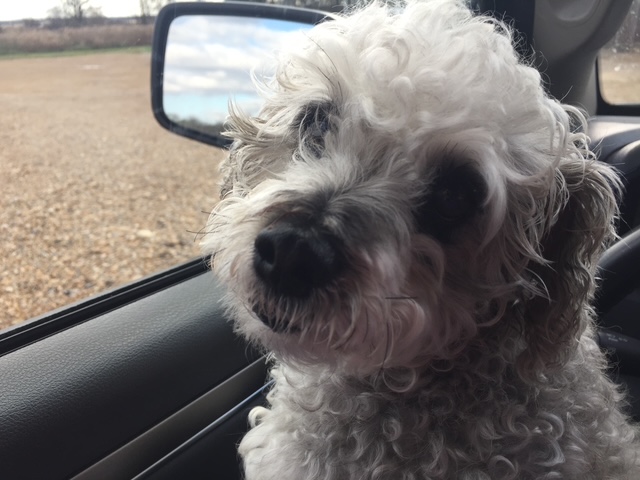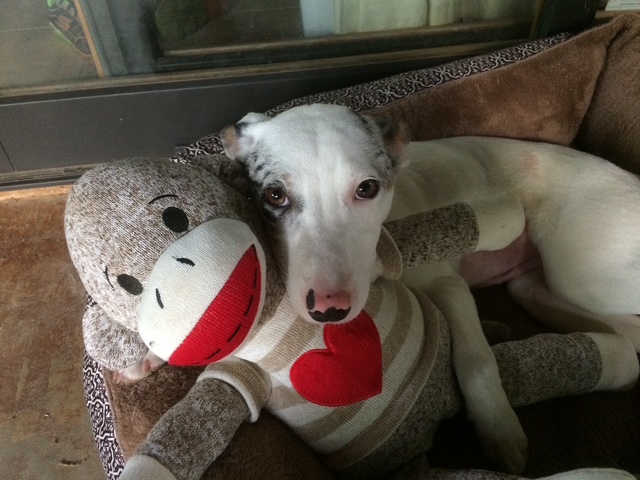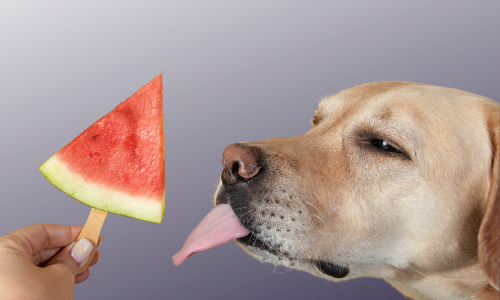The Basset Fauve de Bretagne is a charming and distinctive breed with a rich history and unique characteristics. This comprehensive guide provides an in-depth look at everything you need to know about this delightful dog.
*Disclaimer: This Post May Contain Affiliate Links. This Means That I Receive A Small Commission At No Extra Cost To You Should You Click Through And Make A Purchase. Learn More On My Policy Page
Breed Characteristics
- Breed Category: Hound Group
- Size: Small to medium
- Coat Length: Rough
- Shedding: Moderate
- Hypoallergenic: No
- Grooming Requirements: Moderate
- Life Span: 12-14 years
- Activity Level: Moderate
- Temperament/Personality: Affectionate, alert, independent
- Intelligence: High
- Trainability: Moderate
- Space Requirement: Moderate; suitable for apartments with regular exercise
- Compatibility with Children & Other Pets: Good with proper socialization
- Health Issues: Hip dysplasia, ear infections, obesity
- Nutrition Needs: Balanced diet with high-quality protein
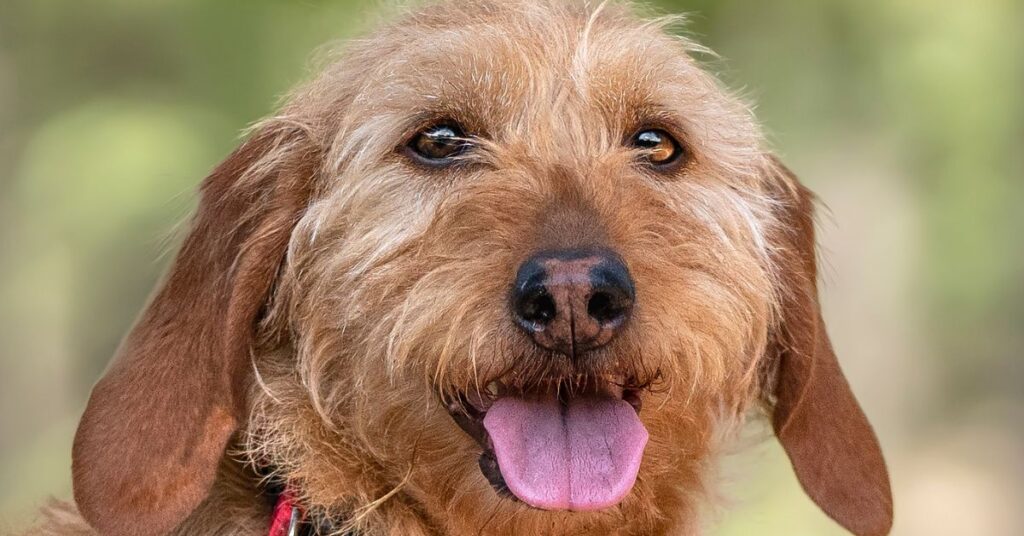
Origin and History
The Basset Fauve de Bretagne hails from Brittany, France, and is part of the basset family of hounds. Known for its distinctive “fauve” (reddish-brown) coat, this breed has been used for hunting and tracking game, particularly in rugged terrains. It is believed to be one of the oldest French breeds, with a lineage that dates back several centuries. The Basset Fauve de Bretagne was developed for its exceptional scenting abilities and endurance, making it an invaluable companion for hunters.
Appearance and Physical Characteristics
The Basset Fauve de Bretagne is a small to medium-sized hound with a distinctive, rugged appearance. Standing about 12-15 inches tall at the shoulder and weighing between 25-35 pounds, this breed has a strong, muscular build. Its coat is rough and can come in various shades of fawn, often with darker markings. The breed’s long ears and expressive eyes give it a distinctive and endearing look.
Temperament and Personality
Basset Fauve de Bretagne dogs are known for their affectionate and alert nature. They are intelligent and independent, yet they form strong bonds with their families. Their friendly and outgoing personality makes them excellent companions for both individuals and families. Despite their hunting background, they are generally good-natured and adaptable.
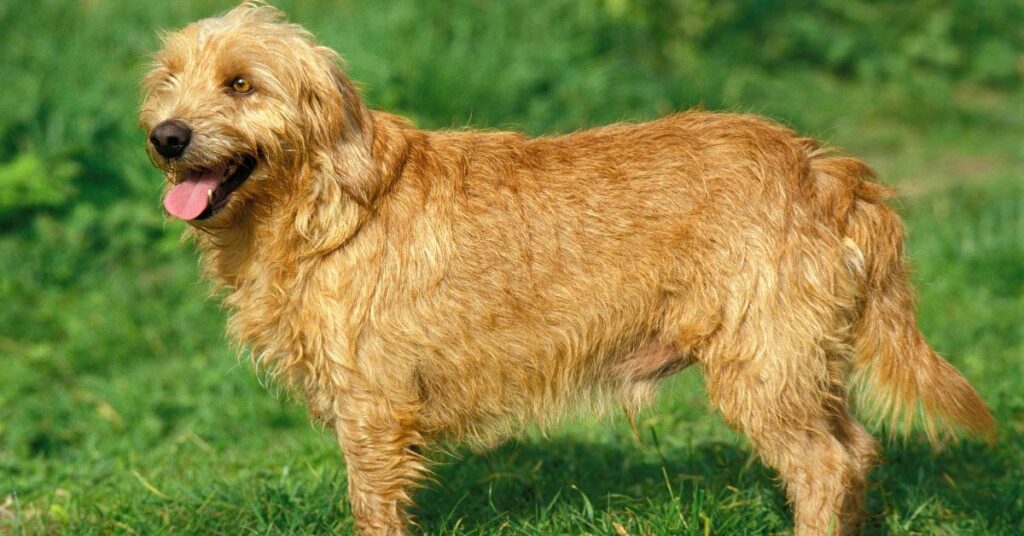
Intelligence and Trainability
The Basset Fauve de Bretagne is intelligent and can learn commands and tricks quickly. However, their independent streak may sometimes make training a bit challenging. Consistent, positive reinforcement methods work best. Early socialization and obedience training are important to ensure that they develop into well-behaved adults. Their natural scenting abilities make them particularly adept at tracking and scent-based activities.
Compatibility with Children and Other Pets
With proper socialization, Basset Fauve de Bretagne dogs get along well with children and other pets. They are generally patient and good-natured, though supervision is recommended around young children and smaller animals due to their hunting instincts. Their playful and affectionate nature makes them a good choice for families who can provide them with regular exercise and attention.
Health and Nutrition
While generally healthy, Basset Fauve de Bretagne dogs can be prone to certain health issues, including hip dysplasia, ear infections, and obesity. Regular veterinary check-ups and a healthy diet are important to maintain their well-being. A balanced diet rich in high-quality protein helps support their energy levels and overall health.
Their coat requires moderate grooming to manage shedding and prevent matting. Regular brushing and occasional baths will help keep their coat in good condition. Their long ears should be checked regularly for signs of infection or irritation.
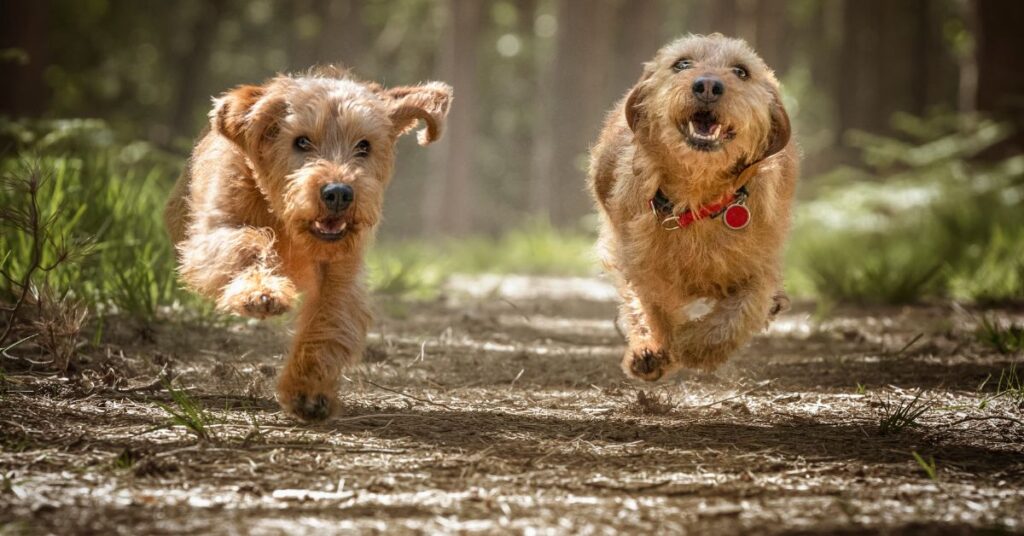
Exercise and Activity Level
The Basset Fauve de Bretagne is a moderately active breed that requires regular exercise to stay fit and happy. Daily walks and playtime are essential to meet their exercise needs. They enjoy activities that engage their natural scenting abilities and may excel in tracking and scent trials. Their energy levels are well-suited to both rural and urban living, provided they receive adequate exercise.
Grooming Needs
Grooming the Basset Fauve de Bretagne involves regular brushing to manage shedding and maintain their coat’s health. Their rough coat is relatively low-maintenance but can benefit from occasional baths to keep it clean. Regular ear cleaning is necessary to prevent infections, and their nails should be trimmed regularly to ensure their comfort and mobility.
Training and Socialization
Early socialization and consistent training are crucial for the Basset Fauve de Bretagne. They should be exposed to a variety of people, environments, and situations to develop into well-rounded adults. Training should focus on positive reinforcement, as this approach works best with their independent and intelligent nature.
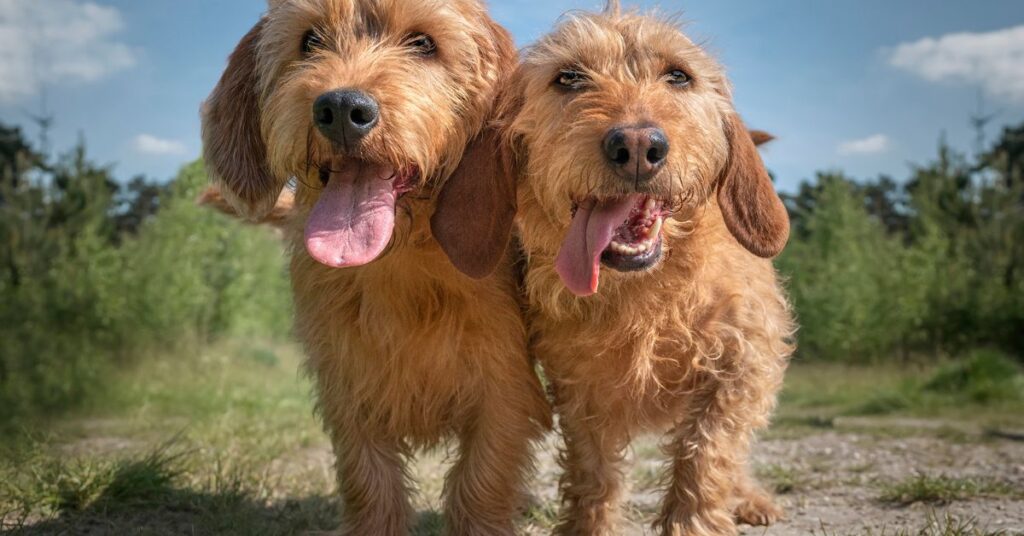
Famous Basset Fauve de Bretagne
The Basset Fauve de Bretagne may not be as widely recognized as some other breeds, but it has a notable presence in the field of hunting and dog shows. Its unique appearance and hunting prowess have garnered it a dedicated following among breed enthusiasts and hunters.
Conclusion
The Basset Fauve de Bretagne is a unique and affectionate breed with a rich history and distinctive traits. With proper care, training, and socialization, this breed can make a wonderful companion for those who appreciate its hunting background and charming personality.


